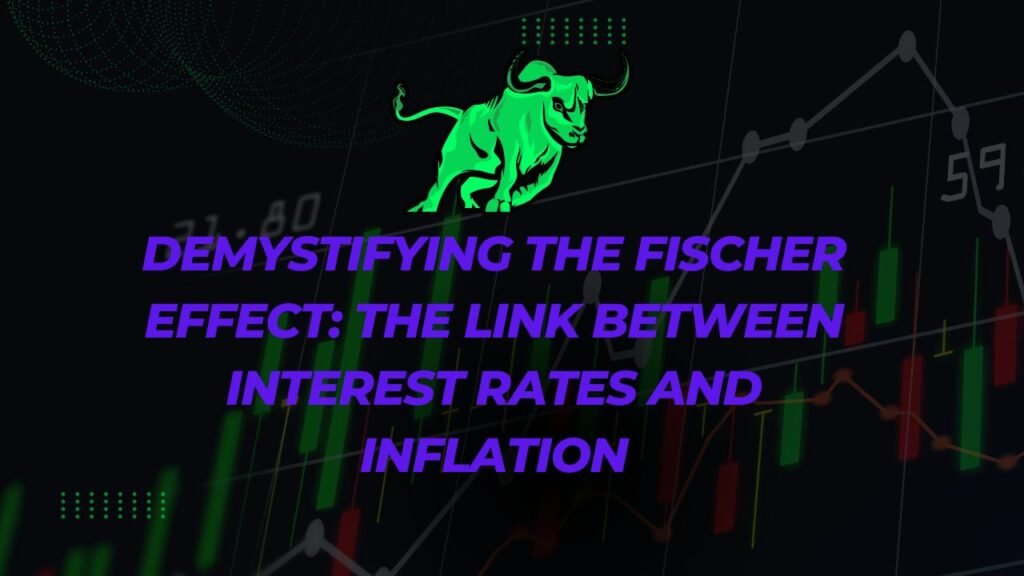
What is the Fischer Effect? This concept, named after economist Irving Fisher, plays a significant role in understanding the relationship between interest rates and inflation. The Fischer Effect is a cornerstone in economic theory, guiding both policy makers and investors. Let’s dive into its principles and practical implications.
The Fischer Effect Simplified: A Fundamental Economic Concept
The Fischer Effect posits that the real interest rate equals the nominal interest rate minus the expected inflation rate. Essentially, it suggests that the real value of interest earned on savings or investments is eroded by the rate of inflation.
Understanding the Fischer Effect: Its Components and Significance
Nominal vs. Real Interest Rates
The nominal interest rate is the percentage increase in money you earn or pay, while the real interest rate is the nominal rate adjusted for inflation.
The Interplay with Inflation
Inflation reduces the purchasing power of money, and the Fischer Effect explains how this impacts interest rates and investment returns.
The Fischer Effect in Everyday Economics
Imagine you have a savings account with a 5% nominal interest rate. If inflation is at 3%, the Fischer Effect implies that your real interest rate is only 2%. This understanding is crucial for both personal finance and broader economic policies.
Why the Fischer Effect Matters in Financial Planning and Policy
For Investors and Savers
Understanding the Fischer Effect helps in making informed decisions about where to invest or save money, considering the impact of inflation.
For Economic Policy Makers
The concept is vital for central banks when setting interest rates, as it helps balance between stimulating economic growth and controlling inflation.
Frequently Asked Questions (FAQs)
Q: How does the Fischer Effect relate to monetary policy?
A: It’s directly related, as central banks adjust nominal interest rates to manage inflation and control the real interest rate.
Q: Can the Fischer Effect predict future inflation?
A: While it doesn’t predict inflation, it helps understand the expected inflation’s impact on interest rates and the economy.
Q: Is the Fischer Effect applicable in all economic situations?
A: Generally, yes, but its accuracy can vary based on economic conditions and inflation expectations.
Concluding Insights: The Fischer Effect’s Role in Economic Understanding
In conclusion, understanding what the Fischer Effect is essential for anyone interested in finance and economics. It provides a framework for understanding how inflation impacts interest rates and investment decisions.
Remember, the Fischer Effect is a key to deciphering the complex relationship between inflation and interest rates, crucial for both personal and national financial health.